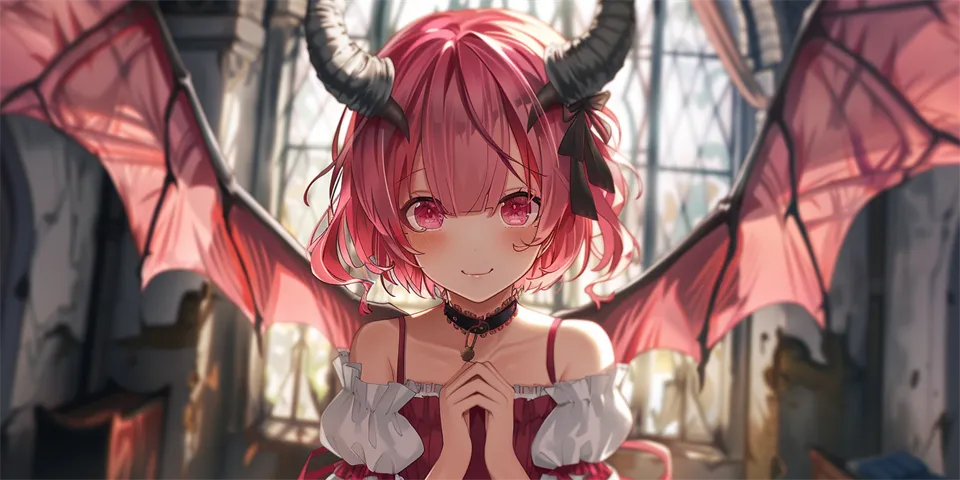Do people still write fanfictions
Fanfiction, a literary phenomenon that bloomed in the digital age, is a genre of writing where fans create and share stories based on their favorite genres, characters, novels, movies, or TV shows. With the rise of the internet, fanfiction spread like a wildfire among fans' communities worldwide, prompting an important question: Do people still write fanfiction? The short answer is, emphatically, yes. This article will delve into various aspects of this fascinating world, including the platforms used, reasons for writing, popular genres, impacts, controversies, and more.
The Platforms of Fanfiction
Technology has powered the fanfiction boom, with platforms like FanFiction.net, Wattpad, and Archive of Our Own serving as major hubs. FanFiction.net, launched in 1998, is one of the oldest and largest fanfiction platforms, home to millions of stories based on thousands of fandoms. Wattpad, launched in 2006, is a comprehensive platform for original and fanfiction content, with an added focus on mobile accessibility. However, Archive of Our Own, launched in 2008, may be the most progressive platform �created and run by a nonprofit organization with a mission to serve the fanwork community.

Each platform has its pros and cons. FanFiction.net has the advantage of sheer size and history, but its archaic interface can be off-putting for new users. Wattpad is sleek and user-friendly but criticized for its quality control. Archive of Our Own, though younger, is applauded for its browsing and filtering system, inclusivity, and nonprofit nature but often runs into server limitations due to funding issues.
Reasons for Writing Fanfiction
People write fanfiction for many reasons. These vary from person to person, but they can generally be narrowed down to expressing creativity, developing writing skills, becoming part of the fandom community, exploring themes and scenarios not explored by the original work, and simple enjoyment and diversion.
Expressing creativity is a major drive for fanfiction writers. They may desire to expand the original world with their ideas, create alternate universe scenarios, or reshape characters' relationships. Improving writing skills is another common reason, as fanfiction allows budding writers to practice, receive feedback, and improve.
Popular Genres & Fandoms
Every fandom has its fanfiction writers. From Harry Potter to Star Trek, from anime to video games, no fandom seems to be immune from fanfiction. However, some fandoms are more fanfic-prone than others. For example, the Harry Potter series, the Marvel Cinematic Universe, and Supernatural have some of the most active fanfiction communities.
As for genres, fanfiction writers explore everything from romance, adventure, and fantasy to mystery, horror, and drama. Some unique genres like "fluff" (light, happy stories), "Angst" (dramatic, often sad stories), and "Hurt/Comfort" (stories of a character going through pain and receiving consolation from others) are also prevalent across fanfiction platforms.
Positive Impacts of Fanfiction
Fanfiction serves as a creative outlet for fans. It encourages creative writing and imagination, helping fans not only engage with the work on a deeper level but also improve their own creative skills. Furthermore, feedback and discussion within fan communities help enhance critical thinking and communication skills.
Another significant impact is the sense of community it fosters. Fanfiction allows like-minded people to connect, share ideas, and support each other. A sense of belonging to something larger than oneself can be empowering, especially for those who may not find such support in their offline lives.
Controversies and Misunderstandings
Fanfiction has its share of criticism. It is often seen as non-creative, since it borrows characters and worlds from original works. Some associate fanfiction with wishful thinking and self-inserts, thereby generalizing it as self-indulging or outrageous. Some critics also raise copyright and intellectual property issues.
However, these critiques often stem from misunderstanding the nature of fanfiction. It is creativity through variation, comparable to how artists have been 'remixing' ideas for centuries. Furthermore, wishful scenarios or self-inserts do not represent the entire genre. Lastly, fanfiction is generally legally protected as transformative work in many parts of the world.
Conclusion
In conclusion, people across the world continue writing fanfiction, keeping the genre vibrant, alive, and evolving. The criticisms and controversies notwithstanding, it serves as a powerful tool for creativity, community-building, and critical thinking. Whether you view fanfiction as a mere hobby, a serious literary form, or something in between, its significance and impact in the realm of contemporary digital culture is undeniable.
Frequently Asked Questions
1. Is fanfiction legal?
Yes, in many places around the world, fanfiction is considered legal as it falls under the category of 'transformative work'. However, the specifics may vary depending on jurisdiction.
2. Can anyone write fanfiction?
Yes, anyone who wishes to share their reimagining of a pre-existing work can write fanfiction. There is no age limit, nor any requirement for prior writing experience.
3. Can I make money from writing fanfiction?
Normally, fanfiction is not written for profit due to copyright issues. Some writers have found success in commercializing their fanfiction by changing the names and details (e.g., Fifty Shades of Grey), although such cases are exceptions rather than the norm.
Please note that every individual should consider their own ethical stance and local copyright laws before deciding to write or publish fanfiction.
Reference:
1. "Fan Fiction and Fan Communities in the Age of the Internet", Karen Hellekson & Kristina Busse, Jefferson: McFarland & Co (2006).
2. "Mechanisms of Participatory Culture in Online Communities", Niki Davis, Sarah Bunnell & Sandy Baker, Journal of Computer Mediated Communication (2017).
